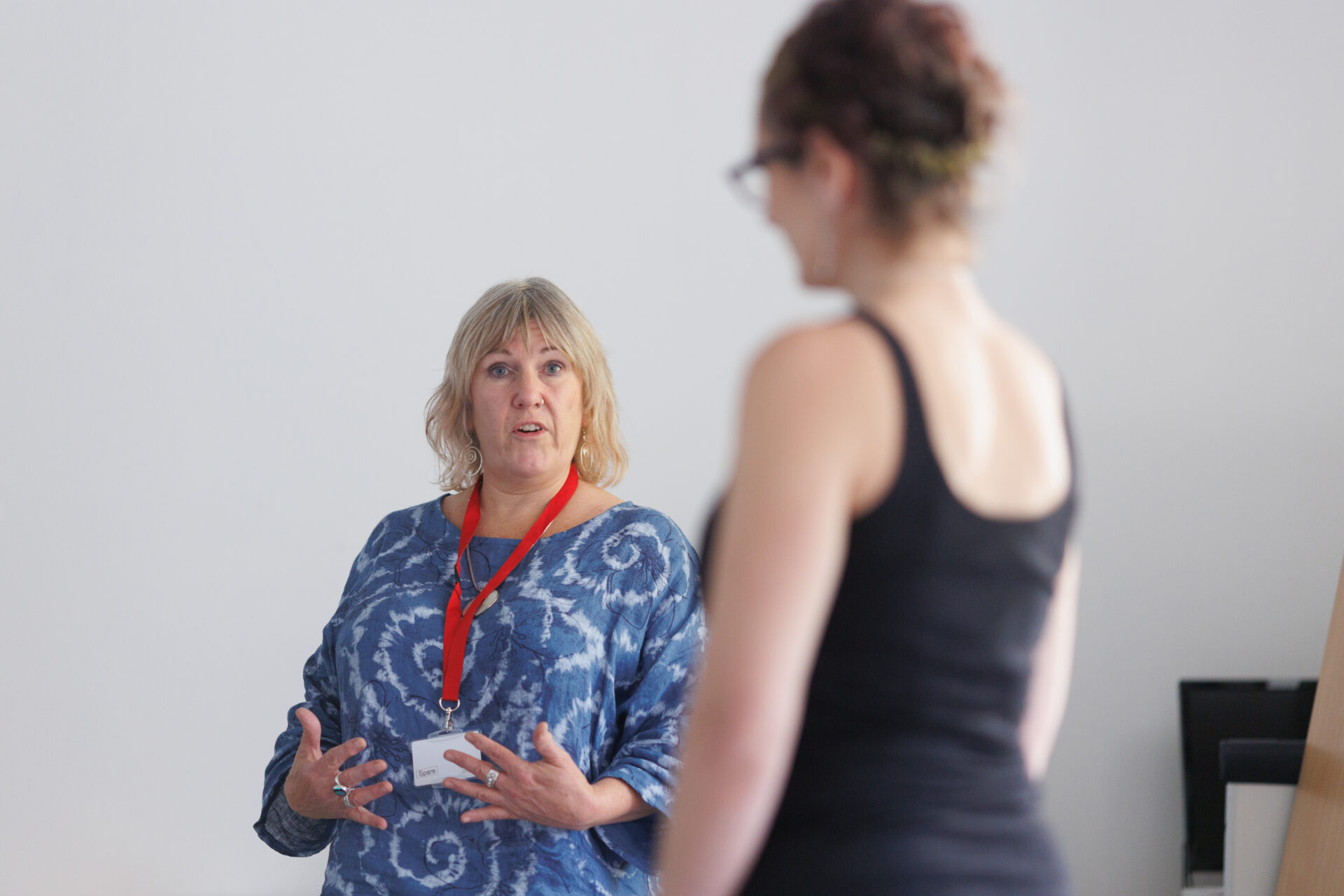
Join our professionals' network for social workers, academics and other professionals with an interest in kinship care.
For professionals:
Kinship Connected is an independently evaluated, evidenced-based programme for kinship carers in England and Wales that seeks to strengthen relationships between local authorities and kinship carers.
Please visit Support and advice for kinship carers

Click on the link below to take you to the section you'd like to read:
Kinship Connected offers a tried and tested model to help you meet your requirements as part of the kinship care statutory guidance.
The programme helps kinship carers develop long-term supportive networks, which result in a more stable and supportive environment in which the children they care for can thrive.
Our experienced project workers – many of whom are kinship carers themselves – are normally embedded within local authority teams and work within the community.
The programme includes:
Kinship Connected is fully aligned to the 3 key principles and recommendations in the Foundations Practice Guide on Kinship Care which are:
Kinship Connected is a tried-and-tested programme, developed in England and Wales, that aligns with examples of Kinship Navigator programmes in the US, which is included in the recommendations.
Read the Foundations Practice Guide Principles and Recommendations.
For more information about commissioning Kinship Connected for your local authority, please see our webpage on commissioning our services.
In 2018, we commissioned Stark Consulting to evaluate the impact of the Kinship Connected programme on the kinship families we supported from 2018 to 2020. In this time period, we supported 400 kinship carers in 17 local authority areas across North East England, West Yorkshire and London boroughs.
Louise Starks (Starks Consulting Ltd) and James Whitley (Ecorys) authored the evaluation report, which was published in August 2020.
Evidence shows that the number of children on child protection plans reduced by 86% and those on child-in-need plans by 88%, equating to considerable savings for local authorities.
The evaluation shows clear evidence of the positive impact on kinship carers and their families, including a statistically significant positive impact in the following areas:
The evaluation concluded that the support offered by project workers through the Kinship Connected programme and associated peer support groups was seen as being “vital” by kinship carers who had previously felt neglected and isolated.
Our strengths-based, solution-focused approach keeps the needs of kinship carers and their children at the centre of all our work. This intensive and targeted support is person-centred and trauma-informed. We use a goal-oriented approach to achieve positive outcomes for kinship families.
As a result of this approach, kinship carers who took part in Kinship Connected in 2023-24 had:
Find out more about the approach and impact of our programmes in our brochure.
“A service like Kinship Connected would pay for itself and save local authorities a considerable amount of money that could be spent on children in need, and looked after children.
“It could also reduce the extent of need for statutory intervention because Kinship Connected is a preventative service and would redirect kinship carers to universal support rather than leaving them overwhelmed and needing statutory support via the Children Act 1989.”
Quote from Nicol Economics Report – Kinship Care: The Opportunity (2020).
The report also shows that in addition to the financial benefits – £40,000 saving per child per year – there would be other long-term benefits. It states that every reduction of 1,000 in the number of children in the looked-after system would:
A cost-benefit analysis from Ecorys, which formed part of the Kinship Connected evaluation, concludes: